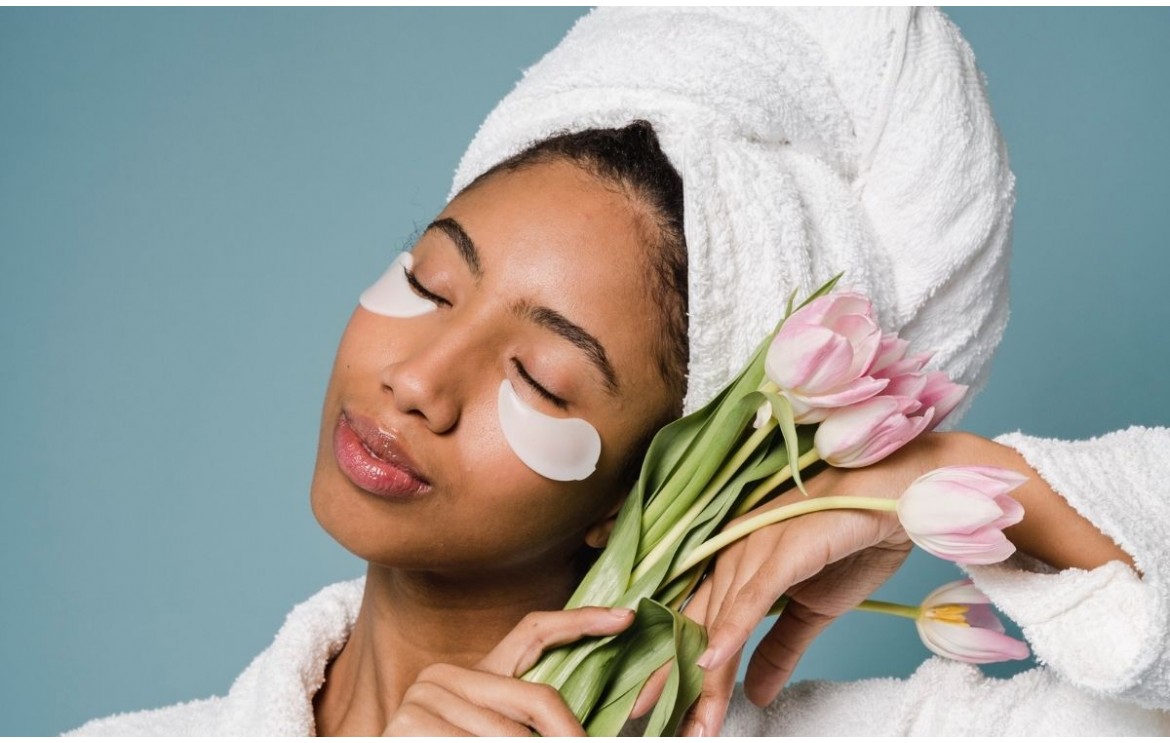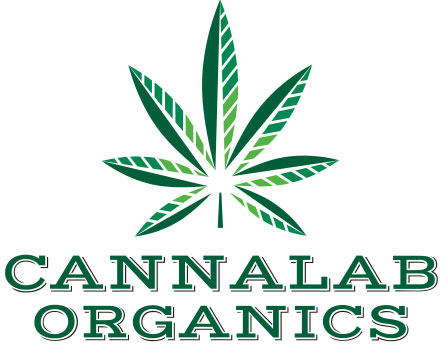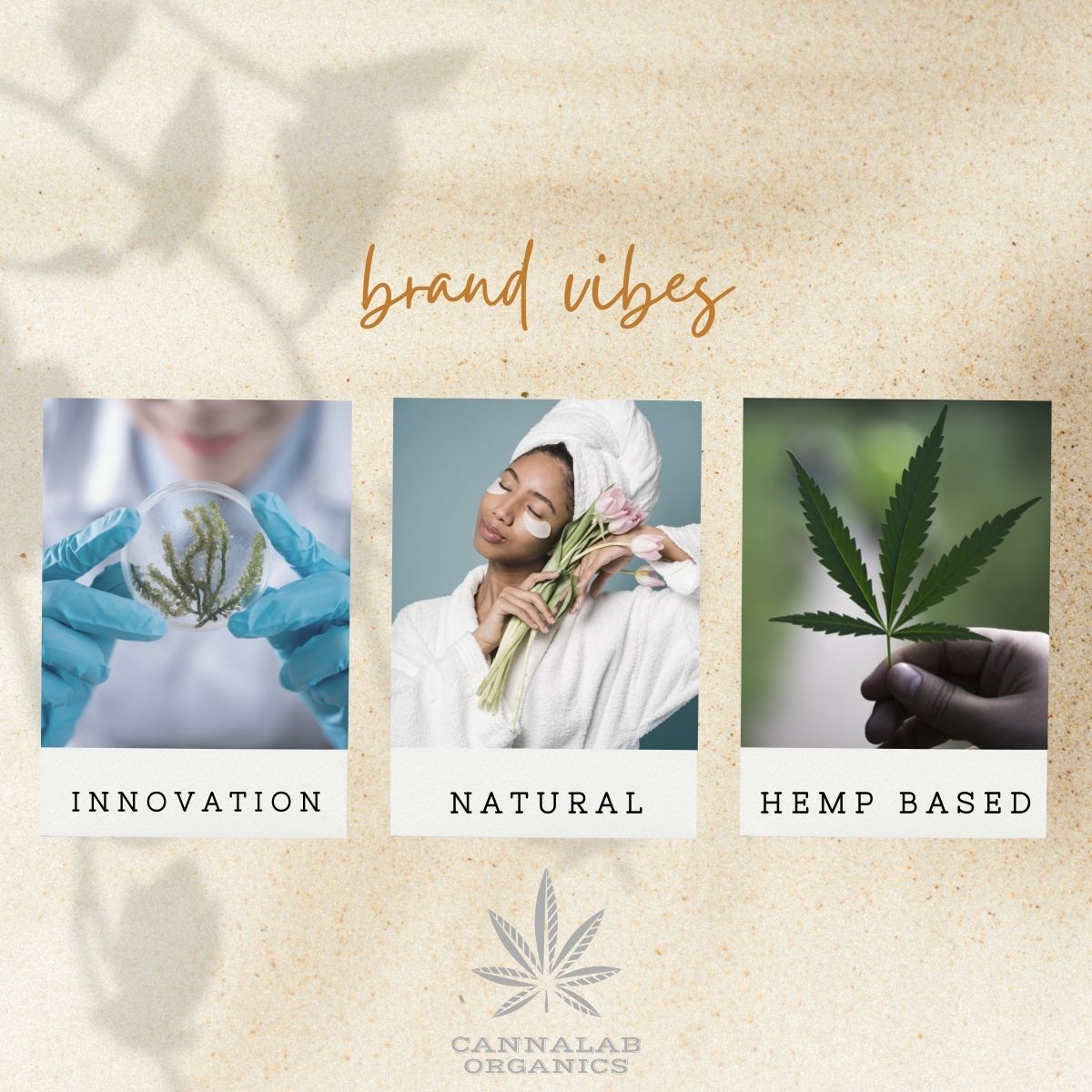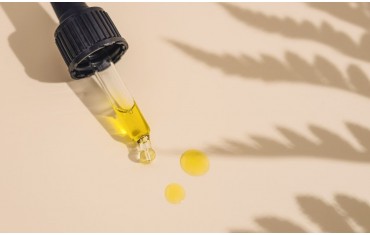
Facial Care With Natural Cosmetics. How Are They Different From Conventional?
Facial Care With Natural Cosmetics. How Are They Different From Conventional?
Facial treatment with natural products
The skin is the main and largest organ of our body, what connects us to the environment. It has been proven that up to 60% of the products we use for our personal care can be absorbed into the bloodstream while it is estimated that the average consumer uses up to 25 different cosmetics and personal care products, containing more than 200 different chemicals. That is why it is extremely important to be fully informed about the ingredients contained in the products we use.
In the last 50 years, thousands of new chemical ingredients have been developed in personal care and it is certainly no coincidence that skin diseases such as eczema and allergies are on the rise.
Now with the development of scientific research in the field of dermatology and the emergence of new natural ingredients, able to offer our skin the benefits we seek, it is up to us to minimize contact with any chemicals.
What is a natural cosmetic and how does it differ from "traditional" cosmetics?
You have probably come across the terms natural cosmetics, vegan cosmetics and organic cosmetics, but you may be wondering if they all mean the same thing. What kind of cosmetics fall in the natural cosmetic category and how do they differ from "traditional" cosmetics? How do we make the most ecological, ethical or safest choice?
We have created the following guide for you in order to help you navigate more easily in the world of natural cosmetics.
Certified natural cosmetics
Natural cosmetics are cosmetics that contain mainly ingredients of natural origin, which undergo minimal processing. In addition, in order for a cosmetic to be certified as natural it must be ecological and some strict procedures must be followed regarding the proper cultivation of the natural ingredients used and its environmentally friendly production. Genuine natural cosmetics can be identified by certificates (eg Ecocert, Biocert, NATRUE, BDIH, etc.) issued by independent organizations according to specific criteria and an extensive evaluation process.
This certificate informs the consumer that the ingredients, production methods and packaging of the product follow the strict specifications mentioned above.
Also, certified natural cosmetics have not been tested on animals but on volunteers under the supervision of specialized dermatologists.
Certified natural cosmetics guarantee the following
✅ They contain natural ingredients whose origin can be traced
✅They do not contain synthetic perfumes or dyes
✅ They are biodegradable
✅ All phases of production are carried out in an ecological, sustainable and ethical way
✅ The packaging materials are as ecological as possible
✅ Not tested on animals (Cruelty Free cosmetics)
✅ Tested on people with dermatological tests
Uncertified natural cosmetics
Uncertified natural cosmetics may contain natural ingredients as well as synthetic ingredients. These cosmetics may in fact meet the same criteria as the certified ones, but as the certification process is long and costly the companies choose not to allocate the necessary financial resources. However, non-certified natural cosmetics are still a more dangerous market than certified options, as they are not controlled by an independent authority and we can not know if the product contains what the manufacturer claims.
Synthetic or Conventional cosmetics
Conventional cosmetics mainly contain ingredients that have been developed synthetically in a laboratory. Synthetic or conventional cosmetics are the ones that are usually promoted by the big companies.
Although synthetic cosmetics can often be described as harmful or worse than natural cosmetics, it is good to remember that both natural and conventional cosmetics must meet certain criteria that guarantee their safety. EU legislation on cosmetics of all kinds is quite strict and sets the same quality criteria regardless of whether they come directly from nature or through laboratory development.
But the main disadvantage of synthetic cosmetics is that they often contain parabens, mineral oils and synthetic fragrances which studies have shown to be quite harmful to human health.
What kind of ingredients do natural cosmetics contain?
What kind of ingredients do natural cosmetics contain - or rather what kind of ingredients do they not contain? The term natural cosmetics is not yet regulated internationally. While national regulations vary, European Union countries are subject to EU cosmetics legislation that has not yet set specific standards for "natural" cosmetics.
The fact that the term natural cosmetics is not yet legally clarified has led to widespread misinformation on the part of companies. As the popularity of natural cosmetics grows, some companies try to take advantage of the trend by using phrases such as "natural cosmetics" or "contains natural ingredients" in their advertisements, even if the products in question do not actually meet the objective criteria for natural cosmetics. cosmetics.
For example, a product may contain a small amount of natural ingredient, while all other ingredients may be synthetic, but the product may still be marketed as natural. This kind of misleading marketing has fortunately led to the further development of certification systems that make it easier for the consumer to identify genuine natural cosmetics from everything on the market.
According to the most prominent European standards for natural cosmetics, such as Ecocert, Biocert and BDIH, the ingredients used in natural cosmetics must come mainly from nature.
In order for a cosmetic to be certified by an official body as natural it may contain the following ingredients:
✅Natural Vegetable Oils and Candles
✅ Plant Extracts
✅ Essential Oils
✅ Dried and ground parts of plants
✅ Mineral Elements
✅ Salts and Sugars
✅ Algae
On the other hand, no cosmetic is certified as natural if it contains the following:
❌ Synthetic Perfumes
❌ Pigments
❌ Silicones
❌ Parabens
❌ Mineral oils
❌ Allergenic preservatives such as preservatives that release methylisothiazolinone and formaldehyde
❌ Polyethylene Glycols (PEG) and Polypropylene Glycols (PPG)
❌ Silicone compounds
❌Synthetic UV filters (eg benzophenone compounds, ethylhexyl methoxycinnamate, PABA)
❌Alkyl sulfates (Lauryl sodium sulfate, Laureth sodium sulfate)
❌Animal collagen or ingredients of animal origin obtained in a manner that causes pain or death to the animal
❌Phthalate
❌Irradiated or genetically modified ingredients
Herbal cosmetics preservatives
Natural cosmetics may contain a small amount of certain synthetic ingredients that improve the shelf life or color of the product. Preservatives make the product safe to use by destroying bacteria and other microorganisms that contaminate the product. Contaminated products can cause infections. Preservatives used in natural cosmetics are mild ingredients also used in the food industry. An example of a permitted preservative is benzoic acid which can be found in nature, for example in red berries. This product is synthetically produced in a laboratory for the food and cosmetics industries. The permissible concentration of these types of ingredients varies depending on the certification standard.
You may be wondering why it is necessary to synthetically construct something we find in nature. Would not it be better if all the ingredients used in natural cosmetics were 100% natural?
The answer is that not necessarily, as there are some good reasons to use specific synthetic ingredients. For example, it is more ecological to produce benzoic acid synthetically, because there is simply not enough in nature to meet all needs. Benzoic acid can be made in a laboratory so that its molecular structure is the same as benzoic acid obtained from nature. Our skin does not recognize whether benzoic acid is natural or made in a laboratory. The harvesting of ingredients from nature as well as their processing is also slower and more expensive than their synthetic production. Another advantage of synthetically produced ingredients is that they are produced with greater safety and purity in a laboratory than naturally - for example there is a risk of heavy metals being transported from the ground to the ingredients.
Certified natural cosmetics are the best way to ensure that the product is safe to use and produced in a way that respects the environment and animals.
Each of us, of course, sets the criteria by which she chooses her favorite products or her favorite brands.
But we owe it to ourselves to be aware of the differences in ingredients and production methods, so that we can make informed decisions about the cream or cosmetic we will wear.
The all natural beauty products of Cannalab Organics
As a company with a great respect for your skin, the environment and the animals, the natural beauty products of Cannalab Organics are certified as Eco - Βιο.
We thoroughly track the natural origin of each of the ingredients we use, we never try anything on animals, while using a recyclable packaging for all our products
With hemp as the predominant ingredient, we highlight the secret powers hidden in everything purely natural such as essential oils, vegetable extracts, fruits and herbs.
With the power of nature we create exceptional products of superior quality.






































